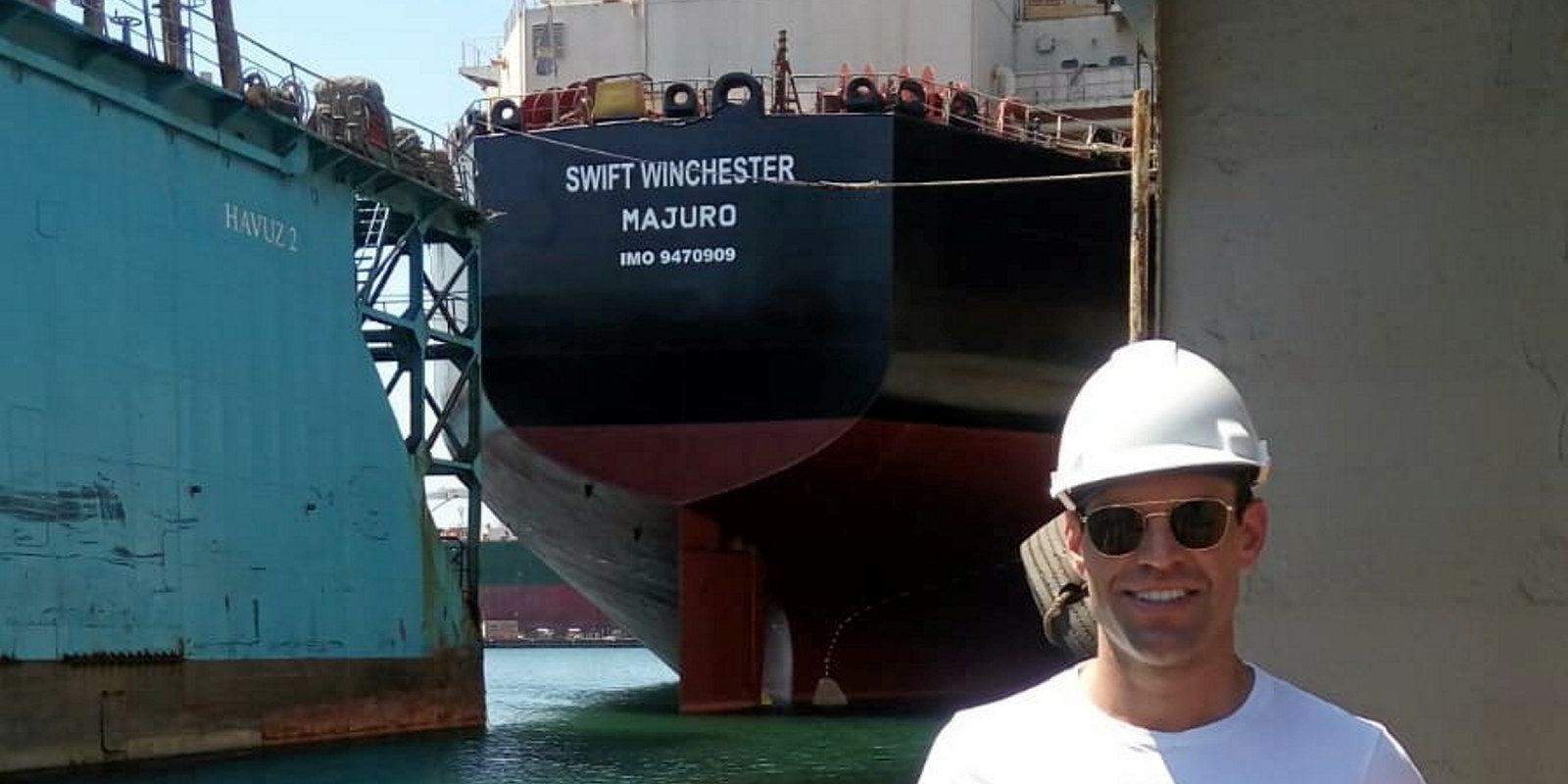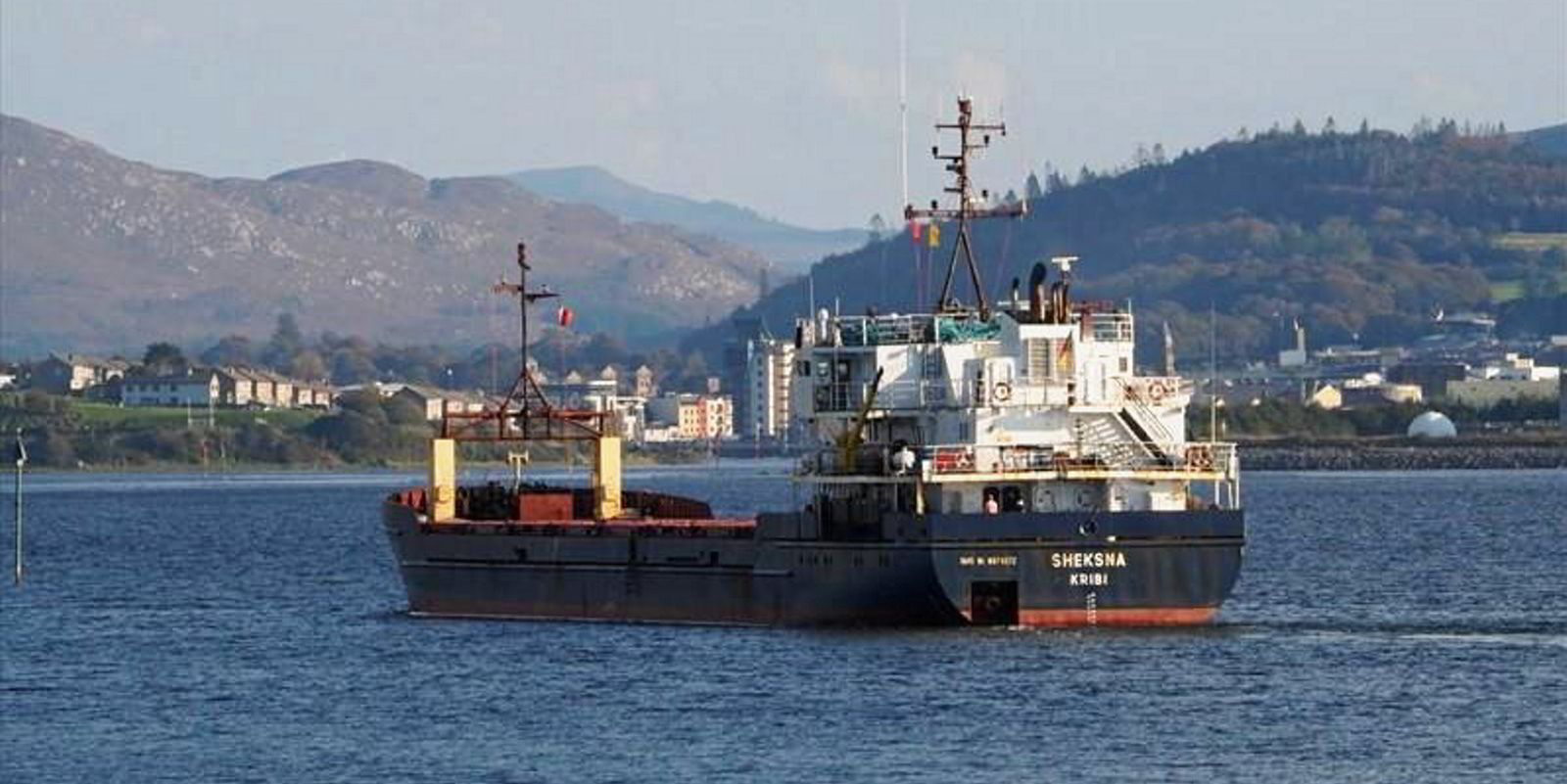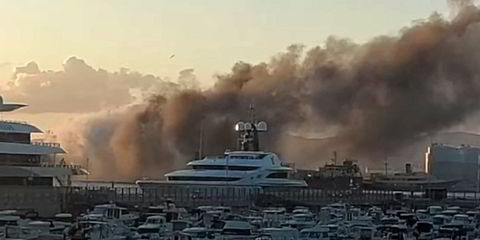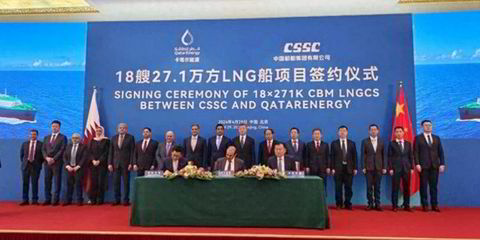A stand-off between V.Ships Norway and shipowner Tiptree Marine is keeping the latter’s last remaining ship berthed in Texas and unable to deliver a Maersk Tankers pool cargo.
TradeWinds reported last week on the detention at Beaumont of the 46,100-dwt MR product tanker Swift Winchester (built 2009), which arrived at neighbouring Port Arthur on 3 September.
The Swift Winchester is New York-based Tiptree’s last unsold ship after a rapid series of disposals.
But industry sources said the next sale may have to wait now that a US Coast Guard team suspects the ship’s crew of operating a so-called “magic pipe”, a device to dispose of untreated oily bilge water illegally and surreptitiously at sea.
Sources now say the Swift Winchester is no longer formally detained. It remains at its Texas berth because of the refusal of V.Ships to sign a document that is being demanded for US customs clearance.
Agreement
In pollution investigations, US authorities typically require that both owner and “operator”, meaning technical manager, post a bond and sign an agreement to make crew available to investigators and to house and feed those who remain in the US during the investigation.
V.Ships Norway managing director Dag Christoffersen declined to comment beyond a prepared statement.
“V.Ships Norway confirms that the Swift Winchester, as temporarily delayed in Port Arthur, Texas, on 8 Sept, due to a port state control inspection by the coast guard,” the company said via a public relations representative.
“VSN [V.Ships Norway] is cooperating with USCG [US Coast Guard] and owners to determine what happened and to resolve the matter as quickly as possible. Any improper procedures concerning discharges of oily water or improper record keeping are directly contrary to strictly held and enforced VSN policies and procedures.”
Neil Rifkind, general counsel of Tiptree’s Nasdaq-listed parent Tiptree Inc, declined to comment.
Copenhagen-based Maersk Tankers is keeping its distance from the dispute over the detention.
“We are aware of the situation involving the Swift Winchester and we are in dialogues with the owner and the cargo customer,” a Maersk Tankers official told TradeWinds, adding that as the commercial manager of the vessel, Maersk Tankers “are not the right ones to comment”.
Severe consequences
Some of V.Ships’ competitors are watching the matter with keen interest.
In the past, Coast Guard magic pipe prosecutions have caught many independent shipowners who manage their own vessels, but also some large corporate shipowners as well as well-known third-party managers. The consequences both legal and commercial can be severe.
Fines can run in the millions, with proceeds shared between the US Department of the Treasury and whistleblowing crew members. Shipowners and managers can be blacklisted from US ports for a period.
One US legal source, who was unwilling to be named, said: “In a case like this, if Swiftbulk and V.Ships don’t work together, the result can be that the US gets the full fine from both parties separately.”
Tiptree Marine also trades under the brand name Swiftbulk.
For third-party managers, the commercial consequences can also be serious, especially for tanker owners.
Managers typically have a single “document of compliance” for all the ships they manage under a particular flag, and all vessels on a single document of compliance may be affected in their US business as a result of a fellow client’s misfortune.
“That makes magic pipes a big headache,” one manager said. “We have to visit all our clients and answer a lot of questions from them.”
Also, two technical managers told TradeWinds that oil majors have a practice of blackballing ship managers who have had recent magic pipe prosecutions — typically not banning them from voyage charters but from long-term time charters.
‘Blackballed managers’
“In the past, oil majors would show an owner the list of blackballed managers,” one prominent global ship manager told TradeWinds.
“Now, let’s say an owner has four ships about to be delivered on long-term time charter to the major, and he proposes a certain manager: the oil major may say, ‘We would prefer you choose a manager off of this list instead’.”
Another large technical manager acknowledged that his company takes direct commercial advantage of the misfortunes of its peers.
“Do we use that in our marketing? Absolutely,” he said, and named a large East Asian tanker fleet that his company had won as a client in this way.
“When a competitor has a magic pipe case, we visit his clients immediately.”






